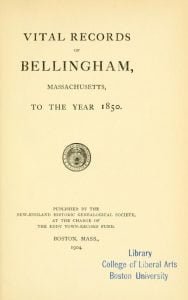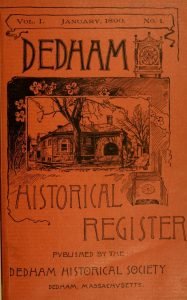Biography of Albert Parsons
ALBERT PARSONS, expert in agriculture, cattle raiser, and dairy farmer of North Amherst, Massachusetts, was born June 1, 1883, in North Amherst, the son ‘ of Howard Albert Parsons. The family name of Parsons is derived from the Latin word persona, a mask. In early times actors wore a mask of wood to project their voices, a suggestion of the speaking-trumpet and telephone of later years. The actor came to be called after the mask he wore dramatis personae. The word had a two-fold meaning. In ecclesiastical language it was referable to a man of dignity, and bestowed upon one … Read more


